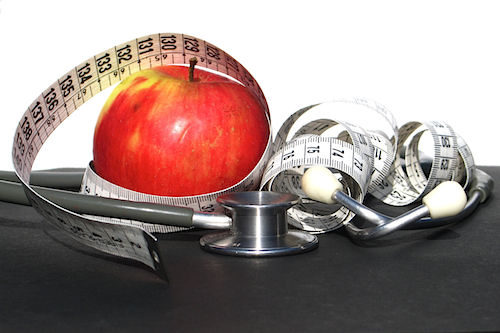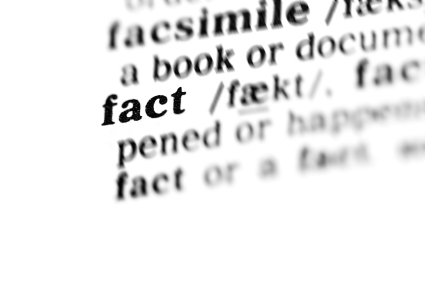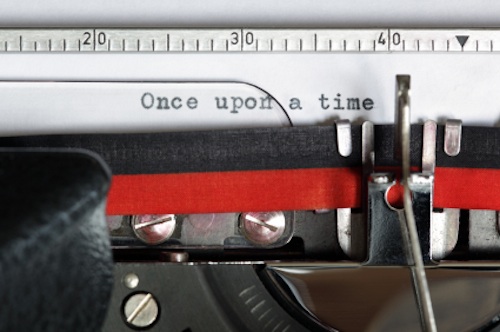I went to see my doctor last month for a biennial physical. She checked me out from head to toe, from skin to circulation, from vitamins to diet, and declared me in excellent health.
Thank goodness.
I still have to make an appointment to get my boobs smooshed — apparently a baseline reading is required for women turning 40 — but I’m not too worried. Neither of us felt any lumps and there’s no history of breast cancer in my family. Unfortunately, I also have to to get my blood drawn. This is normally not a big deal, however, it becomes one due to my schedule.
As many of you know, I go to bed around noon and wake at 7 p.m. I’m usually at my desk, working, from 9 p.m. to 7 a.m. Afterwards, I make M dinner, tackle any necessary chores and errands, spend time with my animals and study/read/write. The earliest the techs can draw my blood is 10:45 a.m., which means I have to wake up at 7 p.m., fast for 15 hours then drive to town (while deliriously hungry and thirsty) in order to give blood. Yes, I understand that millions of people around the world are hungry so fasting shouldn’t be a big deal. But if I go that long without eating, while covering the Olympics no less, I’m going to get a migraine.
Speaking of migraines, my doc also asked me to describe the onset of one. Can’t say I’ve ever done that before.
Generally what happens is… I’ll be going about my day, minding my own nevermind, when suddenly a violent, stabbing pain will pierce my brain. Upon feeling that first twinge, I will mentally examine my environment and recent history.
Did I eat enough today? If not, I eat something. Did I hydrate? If not, I drink something. Did I get enough sleep? This is usually not a problem because my Fitbit helps monitor my sleeping habits. How high am I (altitude, not drug-induced)? If I’m in the mountains, I start nibbling on some crackers or an apple, and boost my liquid intake. How hot is it? In the summertime, the answer is usually obvious. If it’s 80 degrees or higher, I immediately curse the sun and head for the nearest dark and air-conditioned room. Lastly, is there a storm brewing? If so, I can tell because barometric pressure changes usually bring on a second symptom: brain compression.
Imagine wearing a hat that’s two sizes too small. The tightness of the band presses against your skull and you feel pain. That’s what storms do to my brain. When I feel that pressure start to build, I usually check my phone, visit Weather.com on my laptop or ask M if a storm is on the way. Ninety-nine percent of the time, either the storm is en route or the temperature has just made a drastic change.
After the original stab and the self-examination, a cloud of exhaustion will settle between my eyes. Then my mind begins to refocus its energies, rerouting impulses from the thinking areas to the pain centers. Picture a guitar. Now twist the knobs at the top, tightening and stretching the strings. When a migraine kicks in, all of the strings (i.e., the pathways that allow spontaneous electrical activity to travel through the brain) begin to break. At that point, the pain sharpens, brutalizing the space behind or between my eyes, at my temples and at the base of my neck. It then intensifies into a bitter and brutal assault that lasts and lasts, sometimes for as long as two days.
In addition to the pain, the migraine will muddle my thinking. My shoulders and neck tense, as if someone has replaced the muscles and bones with solid iron bars. I try focusing on anything but the pain, pain, pain as it continues to batter my brain. And if I’m on the clock, I call on my strength of will to push through the torment, just until I can finish my shift and head to bed.
Occasionally, the migraines get really bad (think Jimmy Hendrix smashing his guitar to pieces bad), and the pain will spiral to unbearable levels, making me nauseous, tired, unfocused and dizzy. Despite all efforts to remain calm and relaxed — meditation, massage, reflexology, aromatherapy — I’ll break down and start to cry. At that point, I must stop whatever I’m doing and do not pass Go, just crawl into bed. Sleep is my only escape from the misery.
While unconsciousness generally gives me some relief, I hate losing the time. It’s impossible to get those hours back. Plus, when I wake up, I feel utterly exhausted from fighting the pain for so long.
During the two decades I’ve suffered from migraines, I’ve tried just about every treatment you can think of, and several you’ve probably never even imagined. Currently, I take meds the moment I feel that first twinge. I’m not crazy about doing so for three reasons. One, the pills are freaking huge, and swallowing them is no easy task. Two, like the headaches they’re supposed to cure, the meds make me sluggish and unfocused. Three, the meds are not very reliable. Sometimes the pills takes the pain down a notch, sometimes they don’t do anything at all.
Which is why I’m grateful that the rest of my health seems to be in order. It would be much harder to handle chronic migraines if I was troubled by other infirmities as well.






5 Comments
John Platt
Here’s to good health. A lot of my friends suffer from migraines. I wish we had a clue as to what causes them or how to effectively treat them.
Steven
Lastly, is there a storm brewing?
As a fellow human barometer, I can especially relate to this. This time of year, the weather is shifting every other day, and I’m just wiped out. I’m currently just a few hours drive from the Alps, and the weather that comes off of the mountains is fairly interesting.
Jade Walker
I’ve always wanted to visit the Alps, but I worry that my brain will explode (from both the beauty and the barometric pressure changes).
Jade Walker
Thanks, John. I’m hoping that someday we figure out a way to use our DNA to create individual cures for all of our ills.
Steven
The Alps are ok most of the time, but you have to watch out for the Föhn. Migraine-sensitives get destroyed by this one regularly. I’m just barely far enough away from the Alps that I don’t get killed every time one of these winds kicks up.
http://en.wikipedia.org/wiki/Fohn
“Anecdotally, residents in areas of frequent föhn winds report illnesses ranging from migraines to psychosis. The first clinical review of these effects was published by the Austrian physician, Anton Czermak in the 19th century. A study by the Ludwig-Maximilians-Universität München found that suicide and accidents increased by 10 percent during föhn winds in Central Europe. The causation of Föhnkrankheit (English: Föhn-sickness) is yet unproven.”